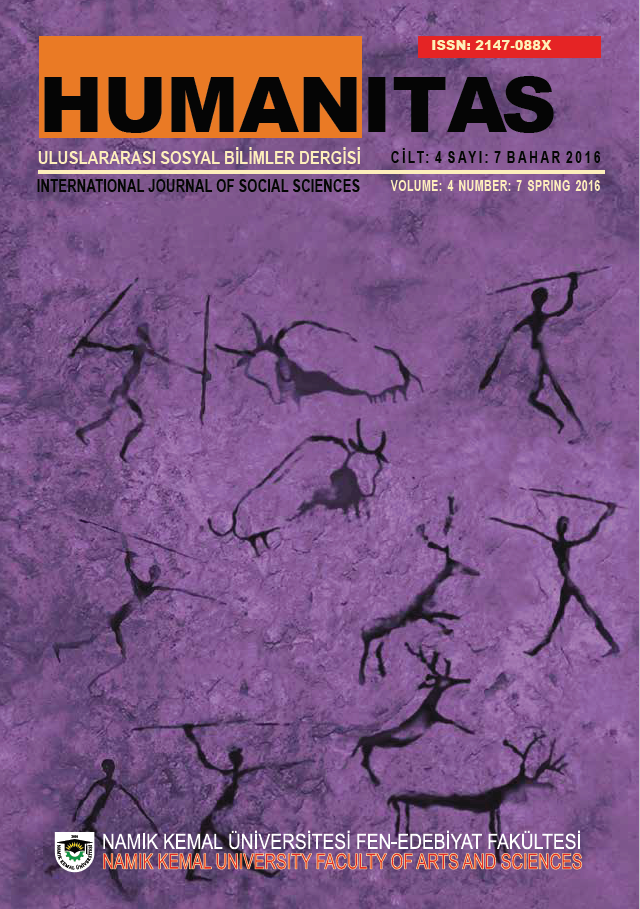ARDAHAN İLİNDE KIRSAL TURİZM POTANSİYELİNİN SAYISALLAŞTIRILMIŞ SWOT ANALİZİ İLE DEĞERLENDİRİLMESİ
EVALUATION OF THE RURAL TOURISM POTENTIAL WITH QUANTITATIVE SWOT ANALYSIS IN ARDAHAN PROVINCE
Author(s): Cengiz AkbulakSubject(s): Social Sciences, Tourism
Published by: Namık Kemal Üniversitesi Fen-Edebiyat Fakültesi
Keywords: Rural Tourism; Ardahan; SWOT Analysis; Analytic Hierarchy Process
Summary/Abstract: Having gradually gained importance in the recent years, rural tourism is one of the fundamental means of rural development in terms of its providing an opportunity for utilizing the local potential and sources, its raising of the welfare level of the people in the region by creating additional sources of income and employment, its contribution to cultural interaction, its encouraging of the conservation of natural and cultural assets, and the development of the physical infrastructure in rural areas. Therefore, rural tourism is a quite important activity with a multidimensional impact on the potential development of an area. In this study, it is aimed to reveal the rural tourism potential of Ardahan province, whose rural population rate is at a quite high level as compared with that of Turkey in general. It is a province that represents a continuous source of migration, which lags behind the averages of the country in terms of many socio-economic indicators, and in which a common problem of rural poverty is experienced, and to develop strategies to utilize this potential. The techniques of SWOT analysis and the Analytic Hierarchy Process (AHP) were collectively employed to develop the strategies. The strengths and weaknesses of Ardahan in terms of rural tourism and the opportunities and threats it might be confronted with were set forth by means of the SWOT analysis, whereas the AHP technique was used to determine the priorities of the SWOT factors in developing the strategies. Within the scope of the study, 7 strategies were proposed to utilize the rural tourism potential in Ardahan province, namely i) to inventory and map rural tourism and to determine the routes of rural tourism; ii) to promote the tourism assets at the locality; iii) to ensure cooperation among the tourism stakeholders; iv) to train the local people regarding rural tourism; v) to develop home pension operating; vi) to improve the transportation infrastructure; and vii) to make rural tourism sustainable. It is expected that the consideration of the proposed strategies by local governors and decision-makers will make significant contributions to the proper utilization of the rural tourism potential in the province.
Journal: Humanitas - Uluslararası Sosyal Bilimler Dergisi
- Issue Year: 4/2016
- Issue No: 07
- Page Range: 1-30
- Page Count: 30
- Language: Turkish

